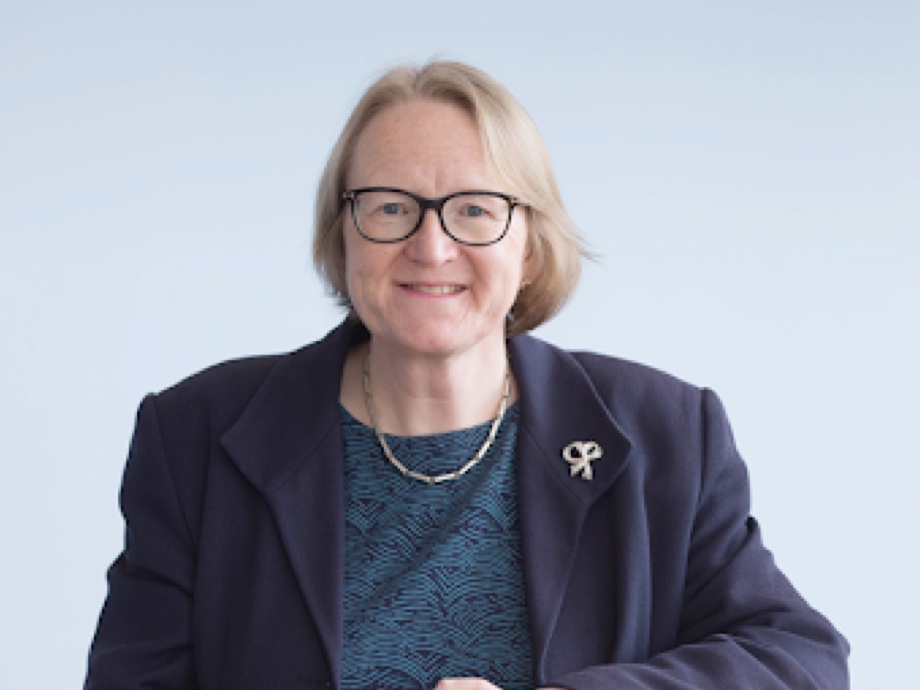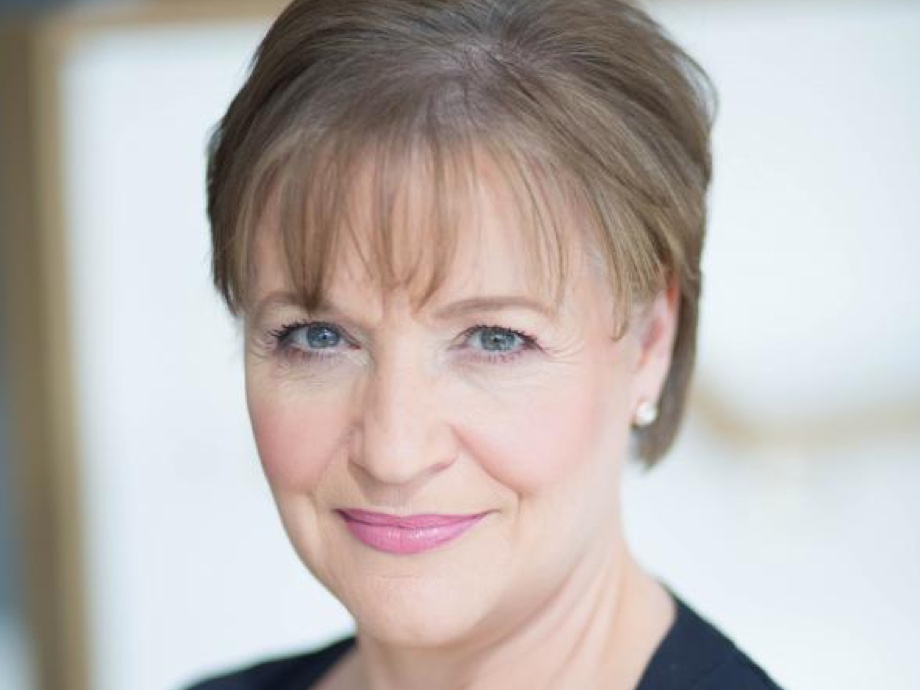About Us
The Healthy Ageing Social, Behavioural and Design Research Programme (SBDRP) is part of the UKRI Healthy Ageing Challenge portfolio of activities. The SBDRP funds interdisciplinary academic-led teams to carry out research into social, behavioural and design aspects of healthy ageing. The Programme contributes to the Challenge vision to enable businesses, including social enterprises, to develop and deliver products, services and business models that will be adopted at scale which support people as they age. This will allow people to remain active, productive, independent and socially connected across generations for as long as possible.
In doing so we aim to support both our ageing society and economy through the delivery of significant market innovation within the growing healthy ageing domain, while addressing health inequalities.
Our funded projects address the social, behavioural and design aspects of healthy ageing and will make a significant contribution to enhancing and disseminating our understanding of the aspirations, preferences and needs of the ageing population, helping to inform innovators and positively influence market behaviours.
Background
In 2017, the Prime Minister announced the UK government’s Industrial Strategy which set out four Grand Challenges, along with an Industrial Strategy Challenge Fund (ISCF) to enable the delivery of activity addressing the identified Challenges. The Ageing Society Grand Challenge seeks to harness the power of innovation to help meet the needs and opportunities of an ageing society, with a mission to, “ensure that people can enjoy at least five extra healthy, independent years of life by 2035, while narrowing the gap between the experience of the richest and poorest”.
Through the ISCF, UKRI has secured an investment of up to £98 million for the Healthy Ageing Challenge, which will enable businesses, including social enterprises, to design, and develop products, services, systems and business models that will be adopted at scale in order to support people as they age. The aim is to allow people to remain active, productive, independent and socially connected across generations for longer. Academic research plays a crucial role in understanding the key issues facing, and opportunities offered by, an ageing population, and the ways in which innovative ideas, products, services and systems can support healthy ageing.
Our Projects
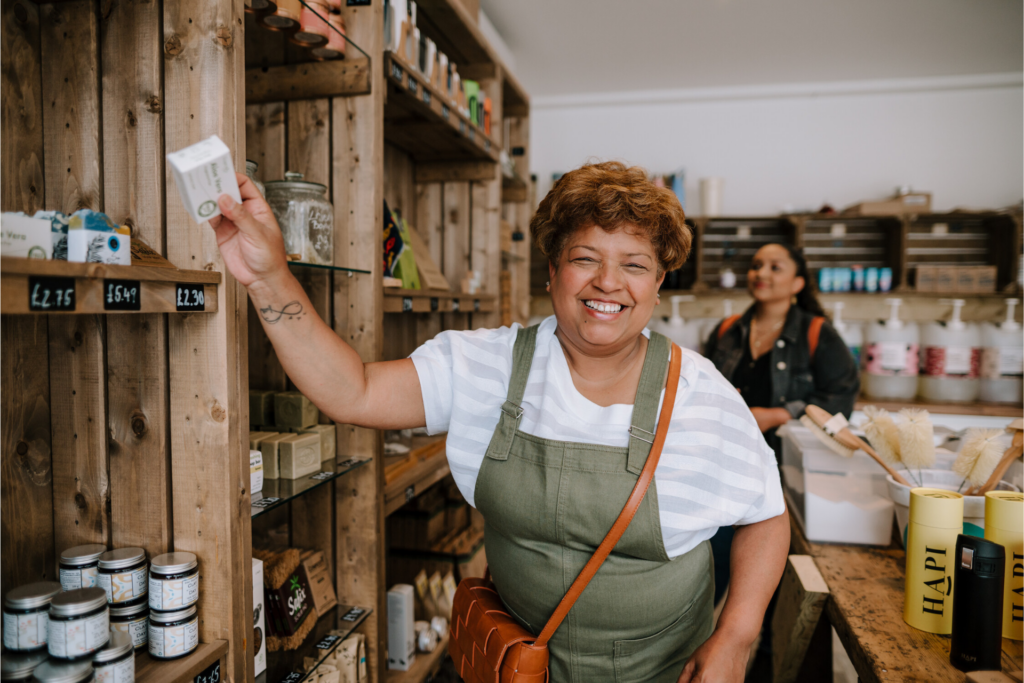
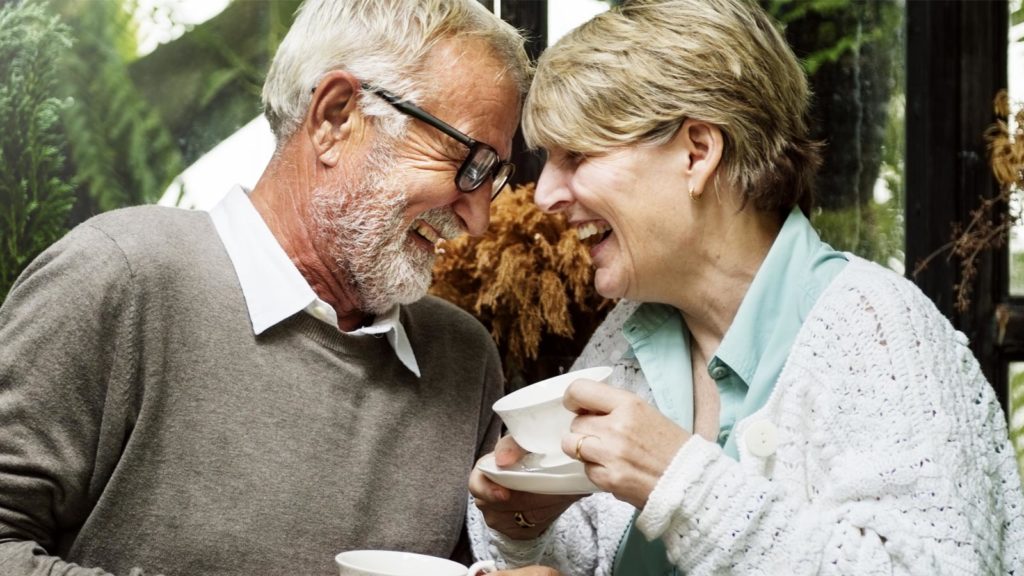

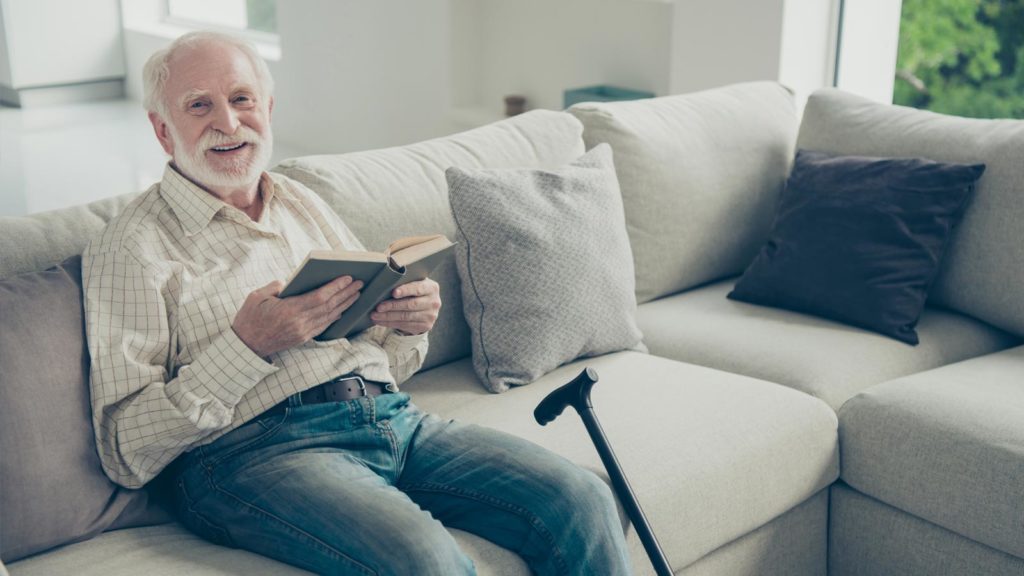
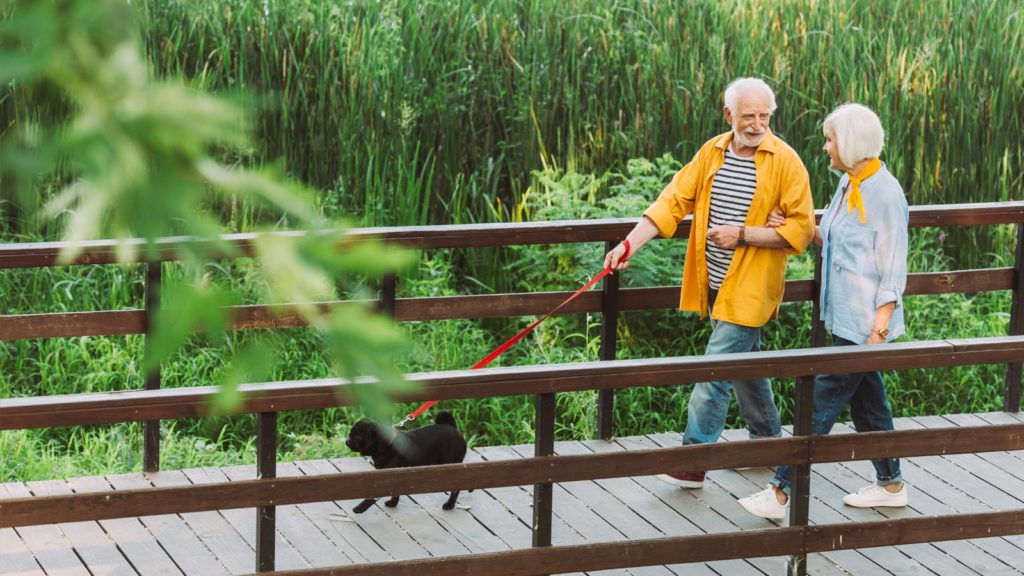
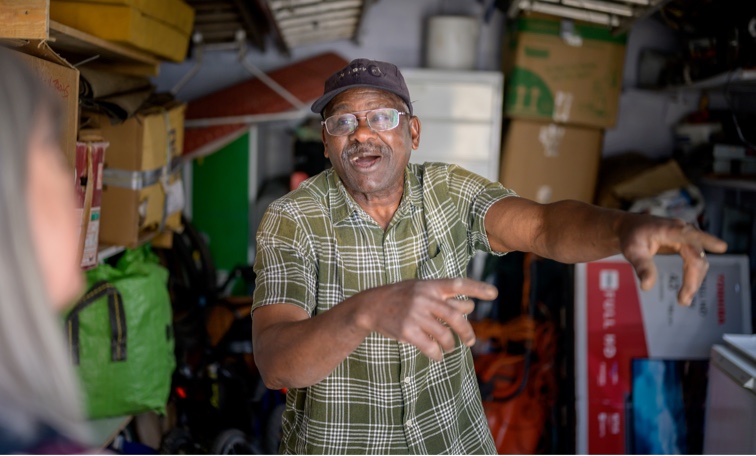
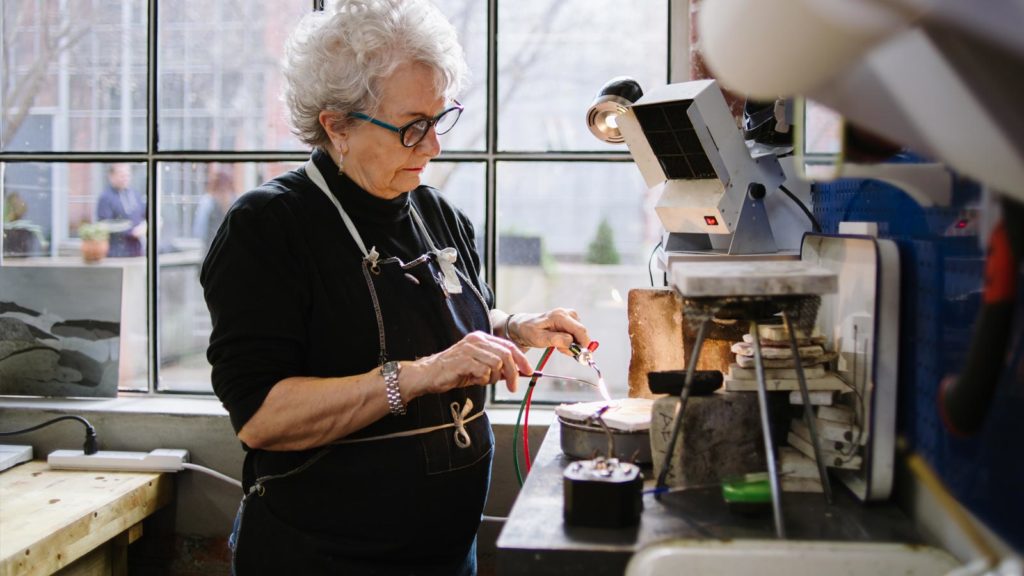
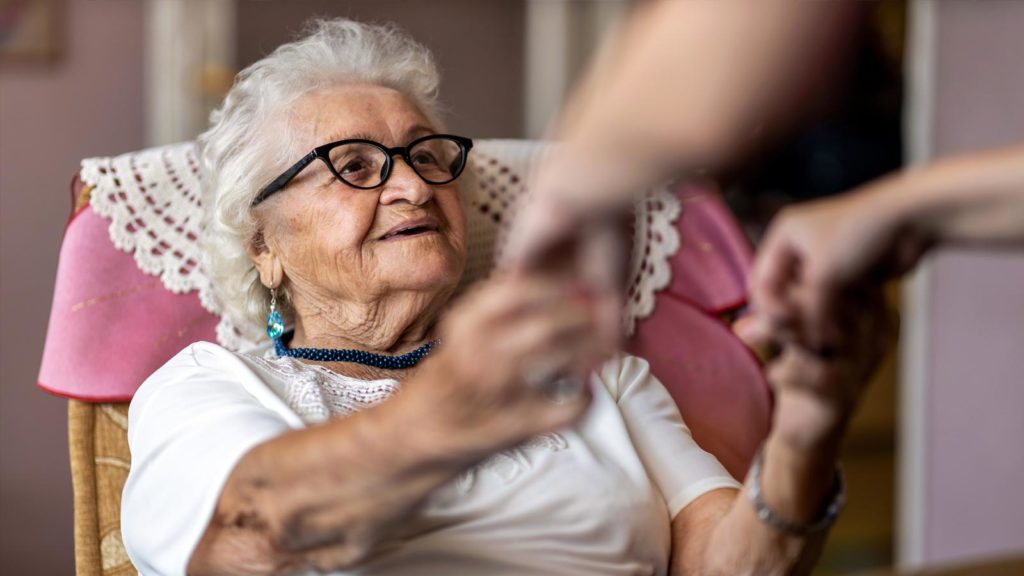
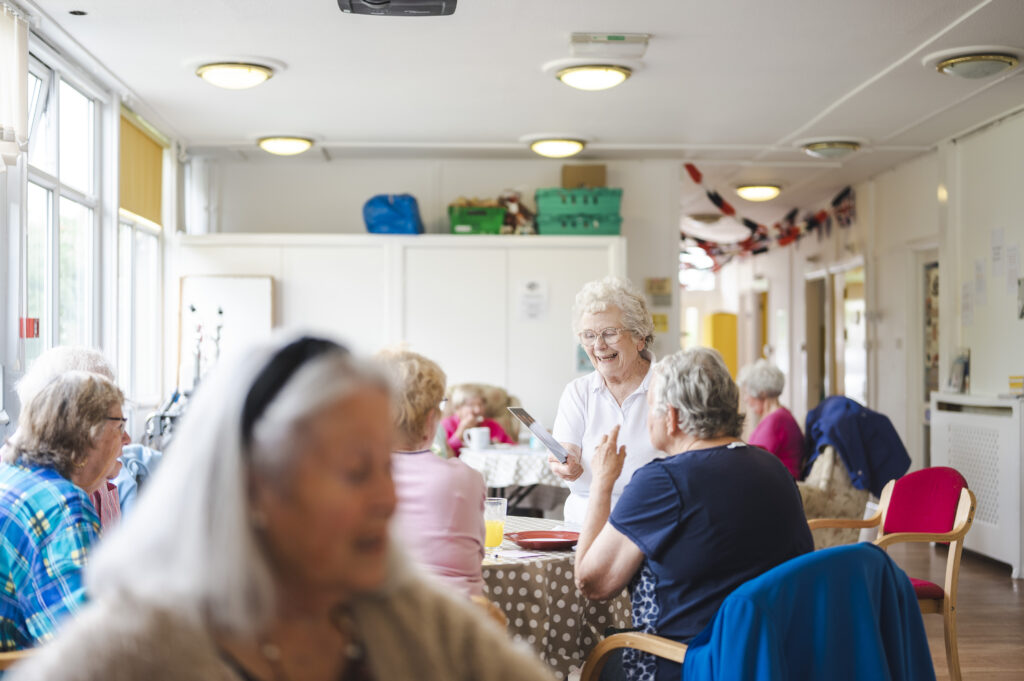
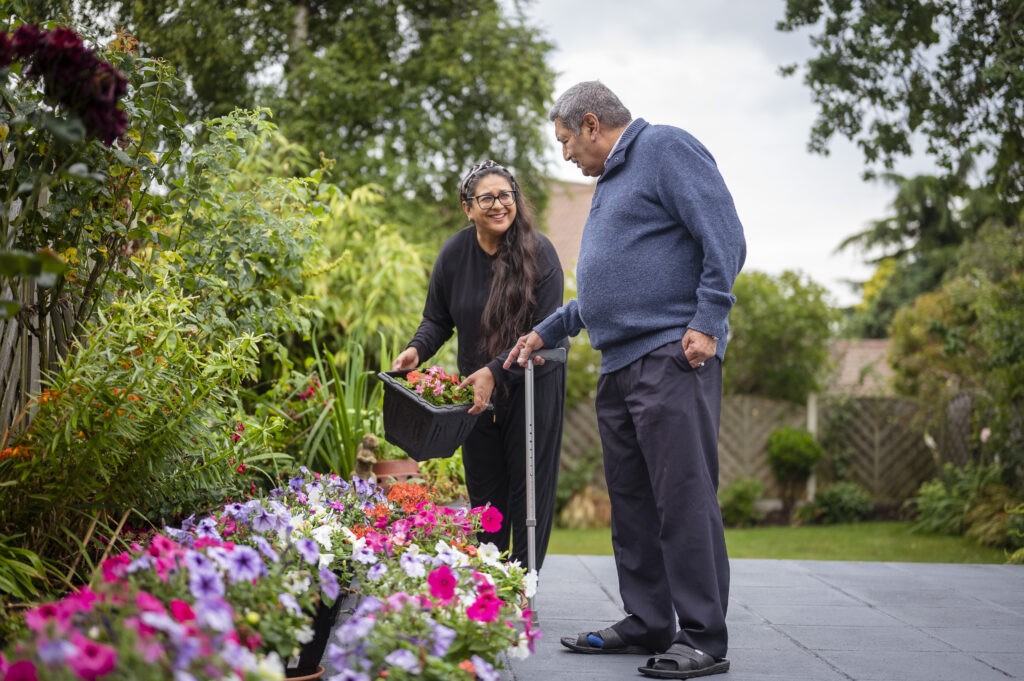
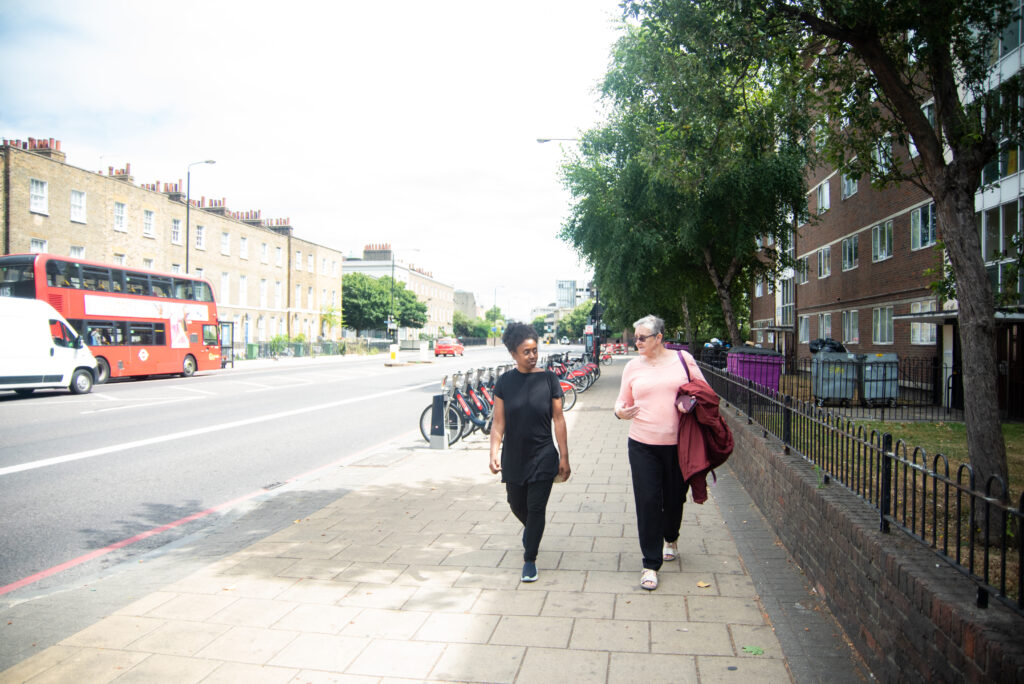
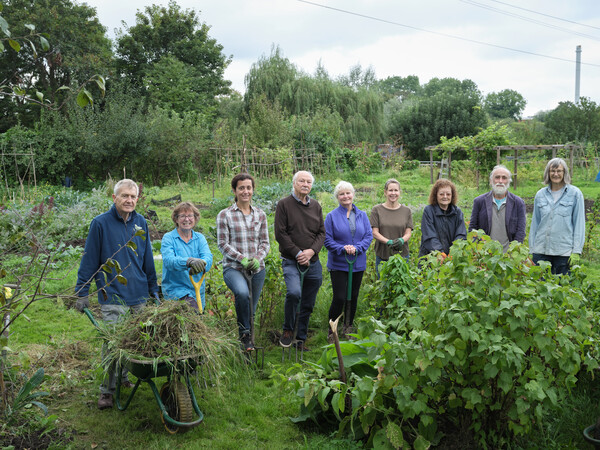
Engagement
SBDRP projects critically engage with businesses, including social enterprises, to enhance their understanding of the needs and opportunities of an ageing population, to help inform innovators and to open up creative spaces for businesses and consumers in an ‘ageing market.’ They also engage with the public sector and charities.
What our projects do
- Meaningfully engage with older people
- Work with business
- Address diversity and environments of ageing
- Address ageing across the life-course
- Accommodate the impacts of CoVID-19
- Work across disciplines to meet the aims of the project
- Include a compelling and well-designed impact, knowledge exchange and communication strategy
Healthy Ageing Challenge Framework
SBDRP projects critically engage with one or more social, behavioural and design aspect of the Healthy Ageing Challenge themes outlined in the Challenge Framework.

These are:
- Sustaining physical activity: to help people in mid-and later life to increase and sustain their levels of physical activity. For example, how do we support people in mid and later life on low incomes to increase and sustain their physical activities?
- Maintaining health at work: to promote and maintain older workers’ health and wellbeing. For example, how do we design workplaces and work practices to support older workers’ health and well-being?
- Design for age-friendly homes: to enable people to live independently and safely at home for longer with innovative products and services. For example, how do we support people in mid and later life through design, innovative products, services and models that can be adopted at scale by key stakeholders?
- Managing common complaints of ageing: to improve the quality of life of people in later life with a range of common health conditions. For example, how can we stimulate the development of ‘high street products’ and digital technologies to improve the quality of life of people with hearing loss, arthritis etc?
- Living well with cognitive impairment: to improve the quality of life for older people living with cognitive impairment. For example, how do we promote the uptake of existing and innovative solutions at home and work?
- Supporting social connections, to enable people to sustain and broaden their social connections and relationships into later life. For example, how do we improve the inclusion and accessibility of social and leisure activities?
- Creating healthy active places: to develop places that encourage people in later life to sustain physical activity. For example, for example, how do we design an integrated urban/rural ecosystem to support people in mid and later life?
The SBDRP Team

Kimberley Coutts-Murray
Social, Behavioural & Design Research
Programme Administrator
Kimberley will provide administrative support to Judith and Elaine on all activities within the programme.
Lucy Gresley
Senior Portfolio Manager,
Innovation and impact
UKRI Healthy Ageing challenge
Lucy Gresley is the Senior Portfolio Manager, Innovation and Impact for the UKRI Healthy Ageing challenge, with responsibility for the Social, Behavioural and Design Research Programme and the Healthy Ageing Catalyst Awards.
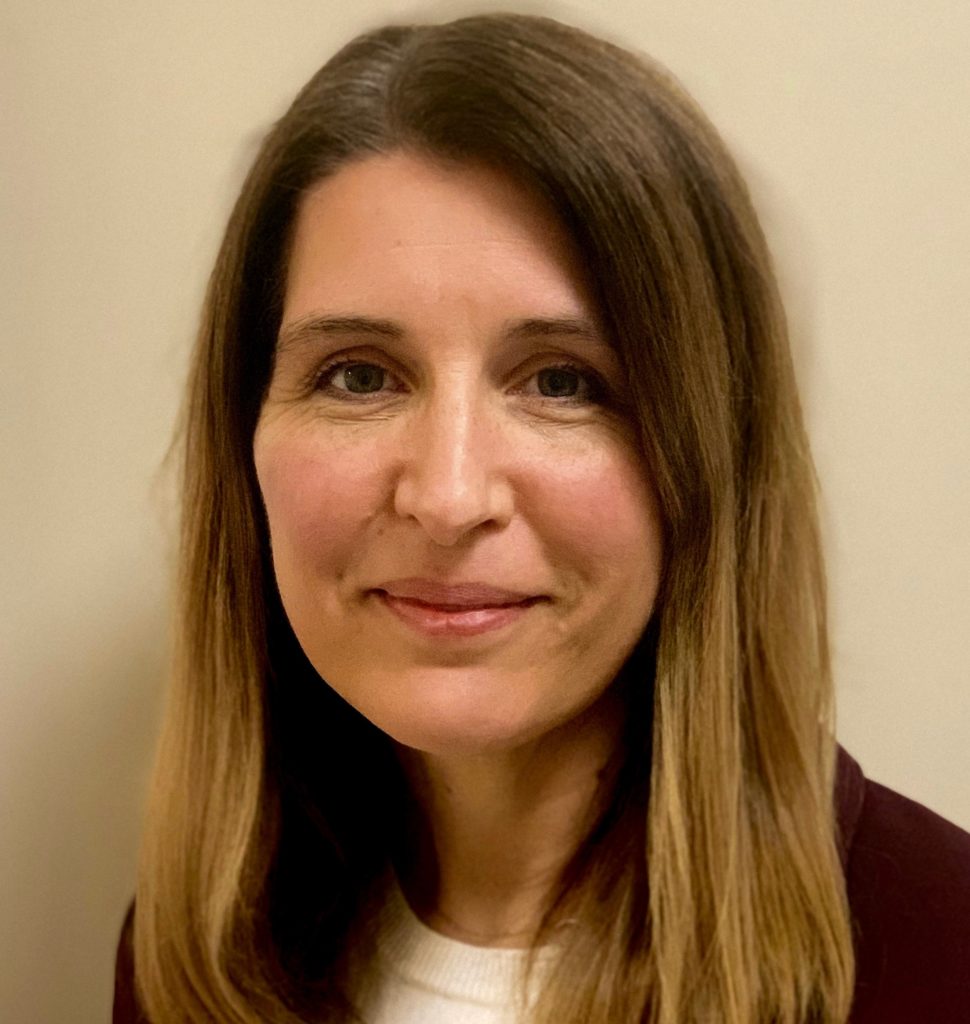
Early Career Researchers
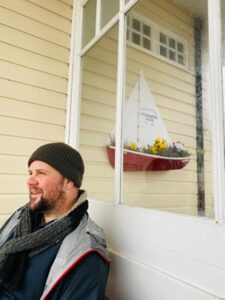
Aled Singleton

Alice Willatt

Alejandro Veliz Reyes

Belinda Steffan

Billy Dixon

Briony Latter
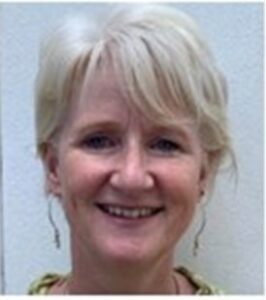
Carol Maddock

Claire Cleland

Deborah Morgan

Fareena Naz

Gemma Ryde

Grant Gibson

Hannah Bradwell

Huseyin Kucukali

Jakov Jandric
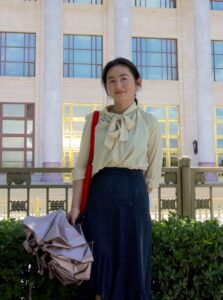
Jian Gao

Junjie Huang
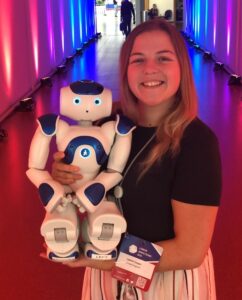
Leonie Cooper
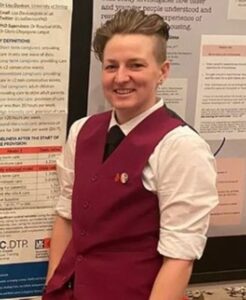
Lisa Davison

Luis Soares
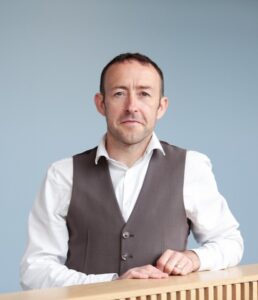
Martin Quirke

Mary Njoki

Niamh O'Kane

Ruoyu Wang

Shay Mullineaux
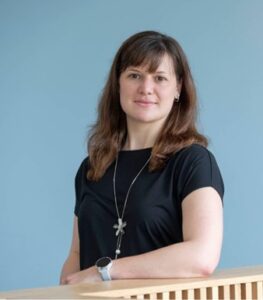
Simone Tomaz

Sophie Glover
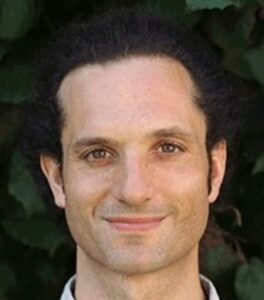
Stephan Price

Steven Owen

Stuart Gray

Tanja Krizaj

Tim Senior

Tot Foster

